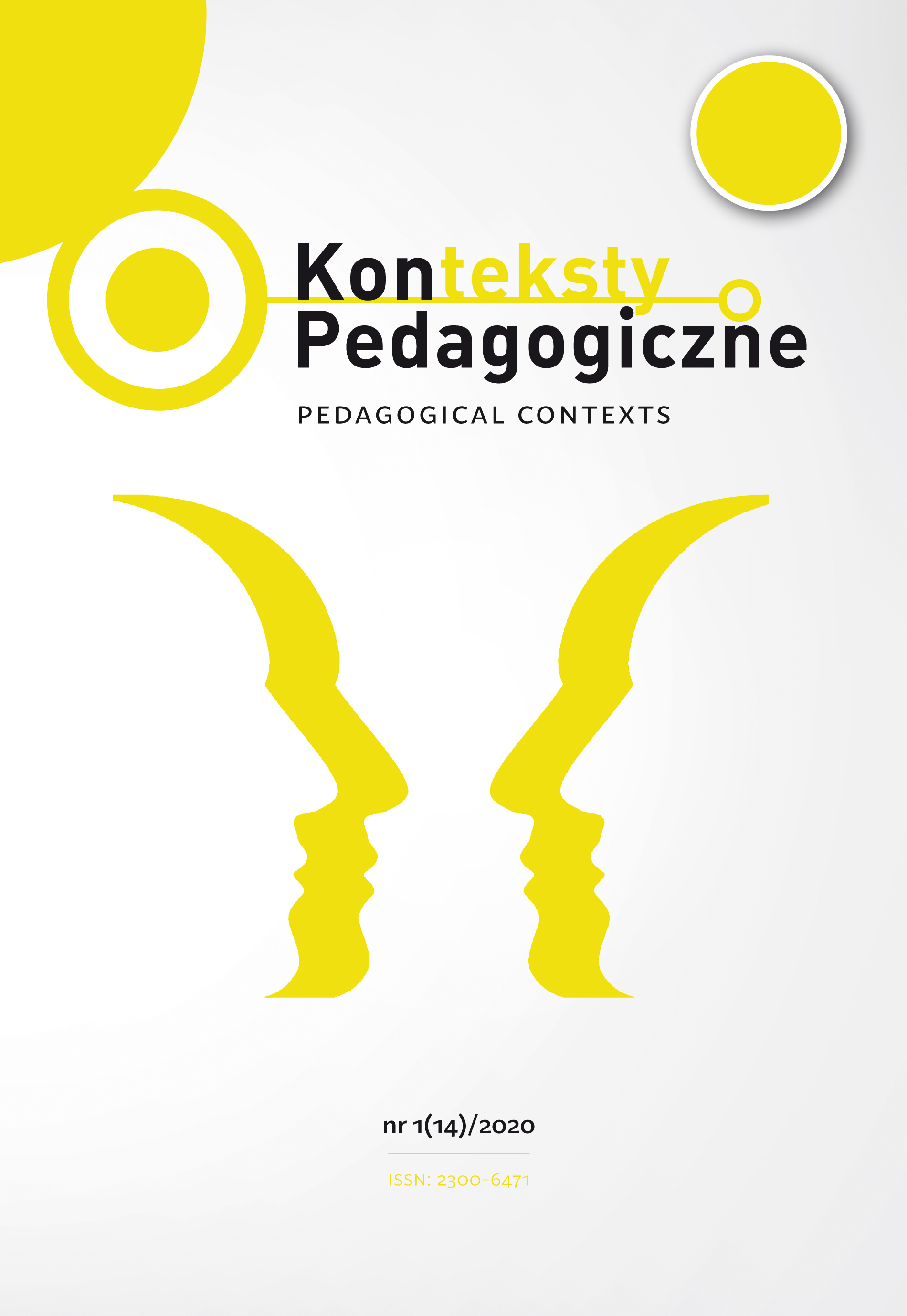Abstract
Language is a means of transferring information, and the ability to communicate has a fundamental meaning to every human being. Loss of the ability or deterioration of communication in people with Broca’s aphasia affects their psychosocial functioning. The aim of this research was to obtain information on the subjective evaluation of the quality of communication of people with this type of aphasia. A group of 22 patients with Broca’s aphasia caused by ischemic stroke was included in the study. A diagnostic survey method was used, along with own study questionnaire research tool (Communication Quality Assessment Questionnaire). Socio-demographic data of the patients was recorded. The results of the study showed that almost all patients with Broca’s aphasia negatively assess their own communication capabilities and also feel they are negatively perceived by their surroundings because of their communication difficulties. Dissatisfaction with the quality of the communication prevents the subjects from maintaining satisfactory contacts with other people.
References
Goodglass, H. & Kaplan, E. (1983). Boston Diagnostic Aphasia Examination (BDAE). Philadelphia: Lea and Febiger.
Jaracz, K. & Kozubski, W. (2001). Jakość życia po udarze mózgu. Część I – badanie prospektywne [Quality of life after stroke. Part I – Prospective Study]. Udar Mózgu, 3(2), 55–62.
Kaczmarek, B.L.J. (1995). Mózgowa organizacja mowy [The Cortical Organization of Speech]. Lublin: Agencja Wydawniczo-Handlowa AD.
Kądzielawa, D. (1978). Ogólne zasady postępowania rehabilitacyjnego [General Principles of Rehabilitation]. In: M.T. Nowakowska (ed.), Rehabilitacja chorych z afazją [Rehabilitation of Patients with Aphasia] (pp. 8–17). Wrocław: Zakład Narodowy im. Ossolińskich. Wydawnictwo Polskiej Akademii Nauk.
Kurcz, I. (2005). Psychologia języka i komunikacji [Psychology of Language and Communication]. Warszawa: Wydawnictwo Naukowe Scholar.
Le Dorze, G., Brassard, C., Larfeuil, C. & Allaire, J. (1996). Auditory Comprehension Problems in Aphasia from the Perspective of Aphasic Persons and their Families and Friends. Disability & Rehabilitation, 18(11), 550–558.
Maruszewski, M. (1966). Afazja. Zagadnienia teorii i terapii [Aphasia. Questions of Theory and Therapy]. Warszawa: PWN.
Maruszewski, M. (1974). Chory z afazją i jego usprawnianie [Patient with Aphasia and their Improvement]. Warszawa: Wydawnictwo Nasza Księgarnia.
Nęcki, Z. (2000). Komunikacja międzyludzka [Interpersonal Communication]. Kraków– Kluczbork: Wydawnictwo Antykwa.
Pallavi, J., Perumal, R.C. & Krupa, M. (2018). Quality of Communication Life in Individuals with Broca’s Aphasia and Normal Individuals: A Comparative Study, https:// www.ncbi.nlm.nih.gov/pmc/articles/PMC6238575/ [accessed: 20.11.2019].
Panasiuk, J. (2013). Afazja a interakcja [Aphasia and Interaction]. Lublin: Wydawnictwo Uniwersytetu Marii Curie-Skłodowskiej.
Parr, S. (2001). “Psychosocial Aspects of Aphasia: Whose Perspectives?” Folia Phoniatrica et Logopaedica, 53(5), 266–288.
Pąchalska, M. (1999). Afazjologia [Aphasiology]. Warszawa–Kraków: Wydawnictwo Naukowe PWN.
Seniów, J. (2007). Poudarowa afazja i inne ogniskowe zespoły poznawcze [Post-stroke aphasia and other focal cognitive syndromes]. In: A. Szczudlik, A. Członkowska, H. Kwieciński & A. Słowik (eds.), Udar mózgu [Stroke] (pp. 212–219). Kraków: Wydawnictwo Uniwersytetu Jagiellońskiego.
Stochmiałek, J. (1996). Andragogika specjalna – zarys tematyki [Special Andragogy – outline of the Thematics]. Szkoła Specjalna, 4, 195–201.
Turska, W. & Skowron, A. (2009). Metodyka oceny jakości życia [Methodology for Assessing the Quality of Life]. Farmacja Polska, 8(65), 572–580.
Vuković, M. (2018). Communication related quality of life in patients with different types of aphasia following a stroke: preliminary insights, https://clinmedjournals.org/articles/ iacod/international-archives-of-communication-disorder-iacod-1-004.php?jid=iacod [accessed: 20.11.2019].
Wujek, T. (ed.). (1996). Wprowadzenie do andragogiki [Introduction to Andragogy]. Radom: Wydawnictwo Instytutu Technologii Eksploatacji.
In accordance with the recommendation of the Ministry of Science and Higher Education, which aims to counteract the practice of “ghostwriting” and “guest authorship,” all authors submitting their text for publication should attach an author’s statement which declares the contribution of each of the authors to the article. The printed and signed statement should be delivered by mail or other means to editor-in-chief Joanna Skibska or sent in the form of a scan to the following e-mail address: redakcja@kontekstypedagogczne.pl. The authors will not receive remuneration for publishing their papers. The editors reserve the right to make minor editorial changes to the articles which will not affect the substance of the article. We encourage all authors to prepare their articles in accordance with the guidelines for manuscript preparation. Download pdf file.
Authors transfer all copyrights and grant the journal the right of first publication with the work simultaneously licensed under a Creative Commons Attribution License that allows others to share the work with acknowledgement of the work's authorship and initial publication in this journal. All authors agree to the publishing of their email addresses, affiliations and short bio statements with their articles during the submission process.

